Back to Courses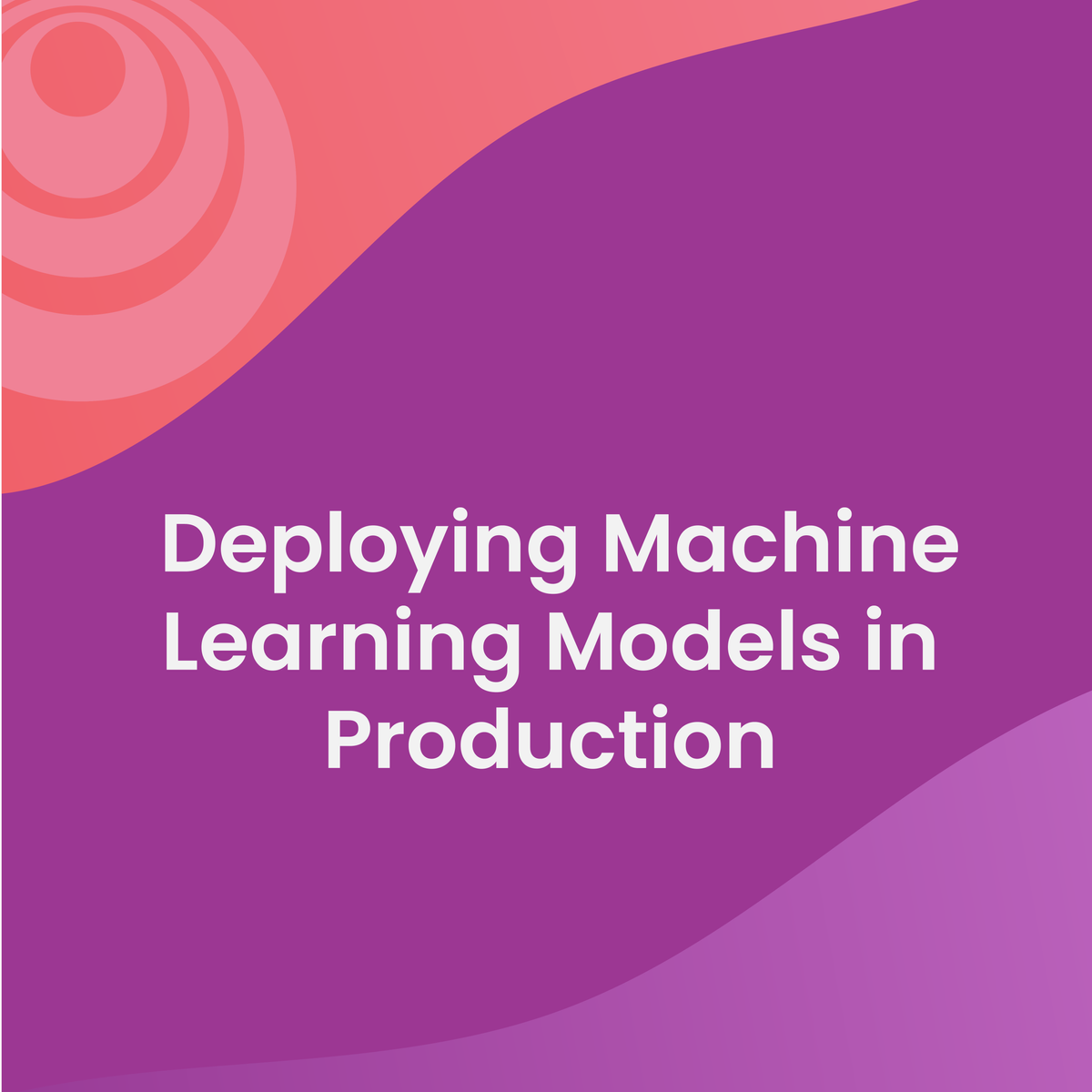
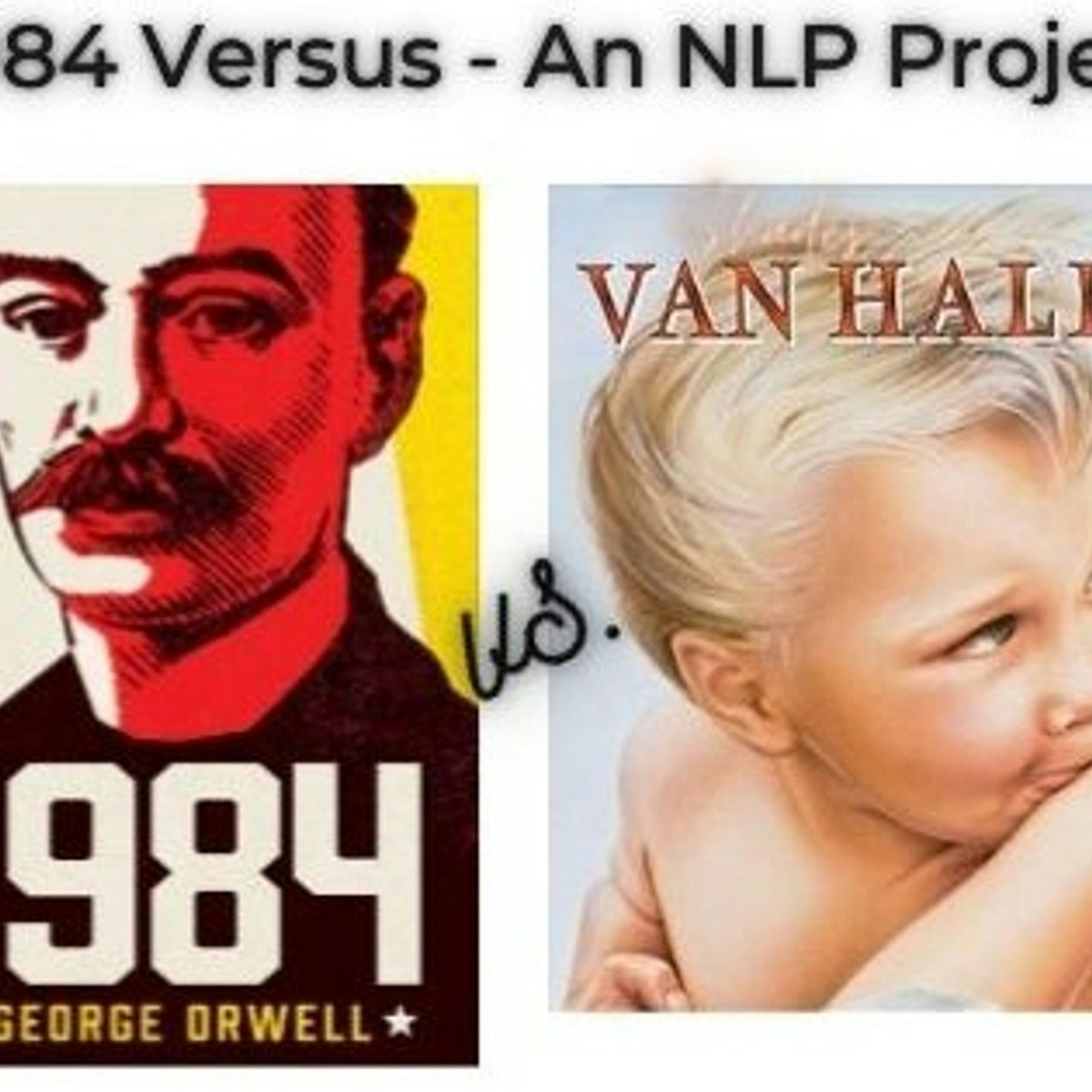



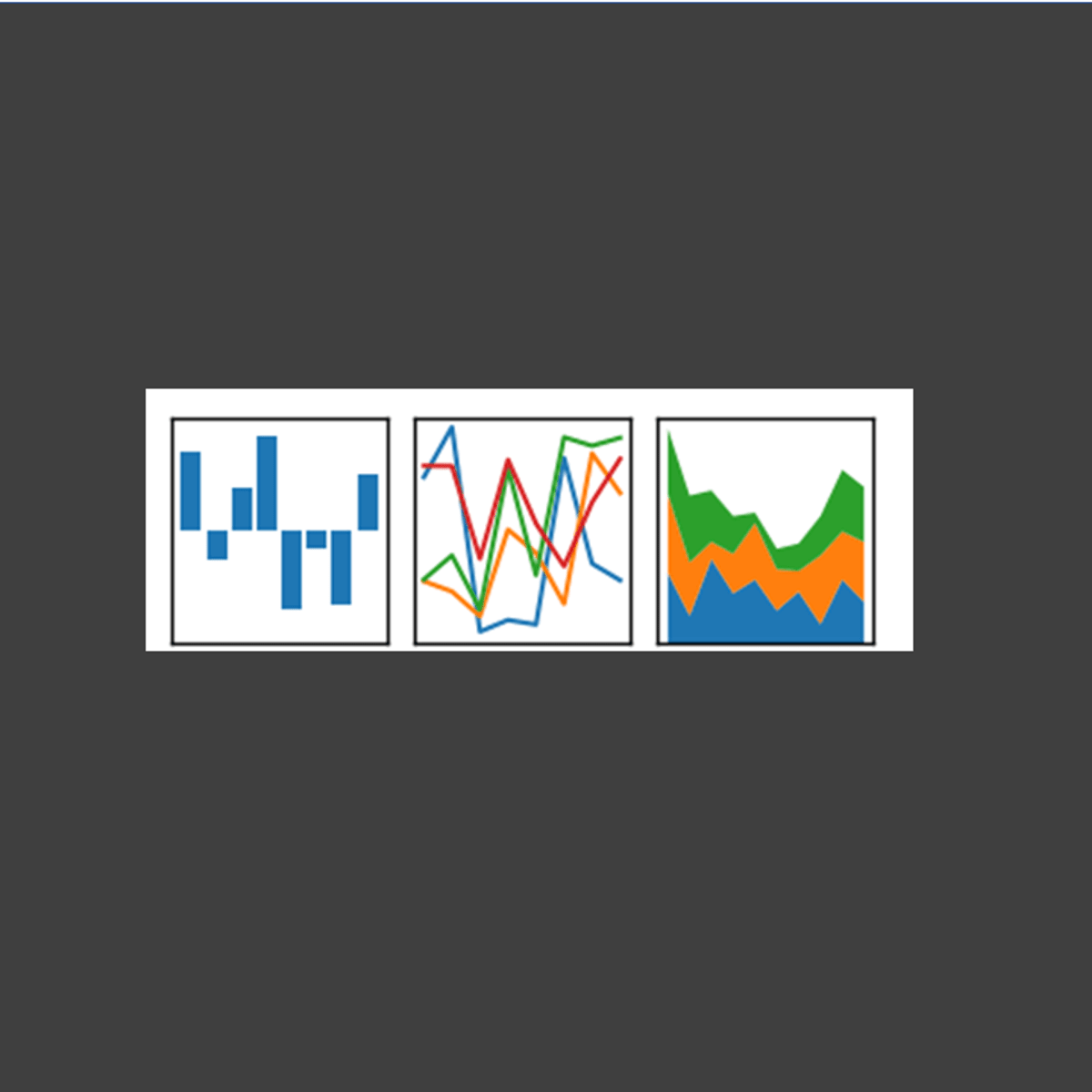
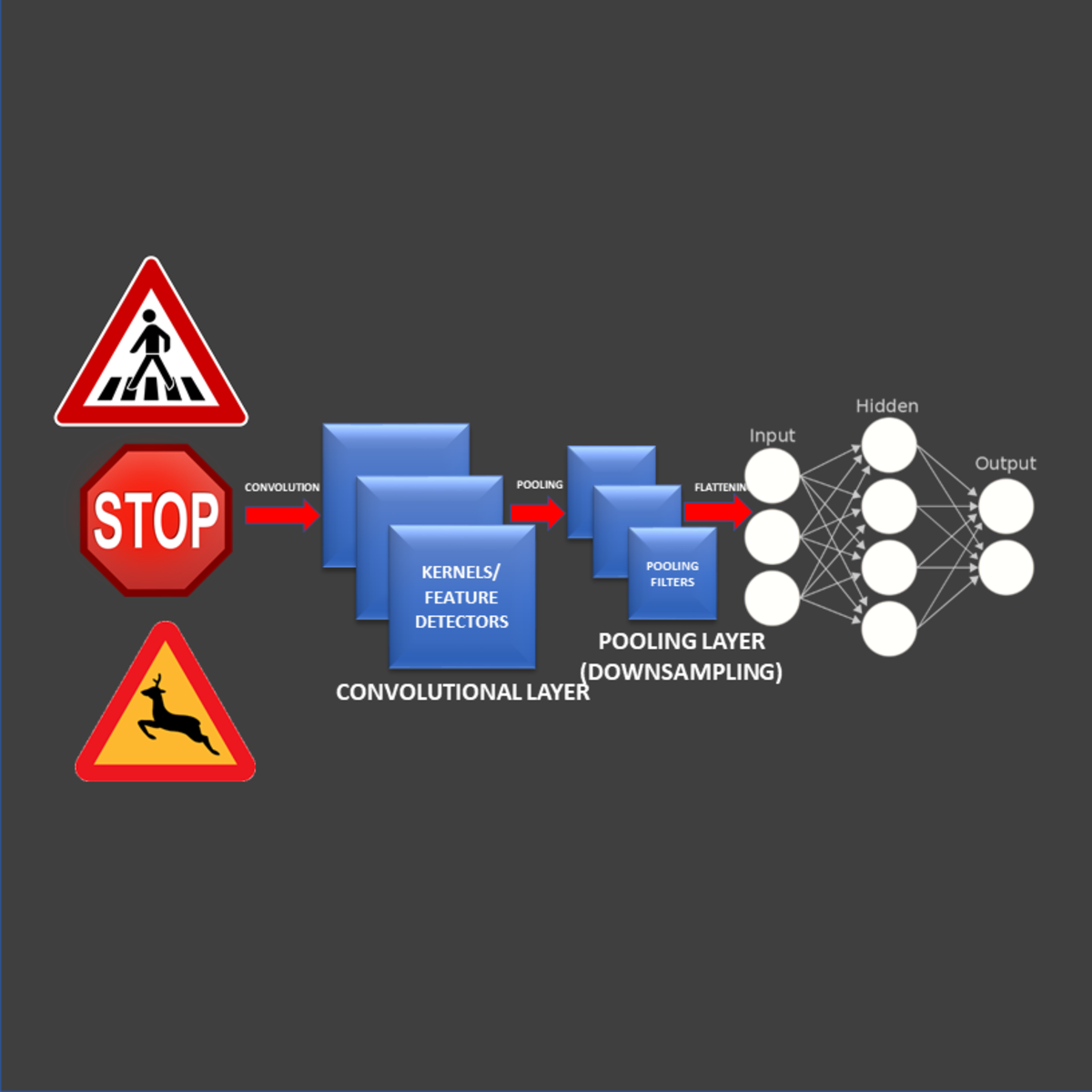

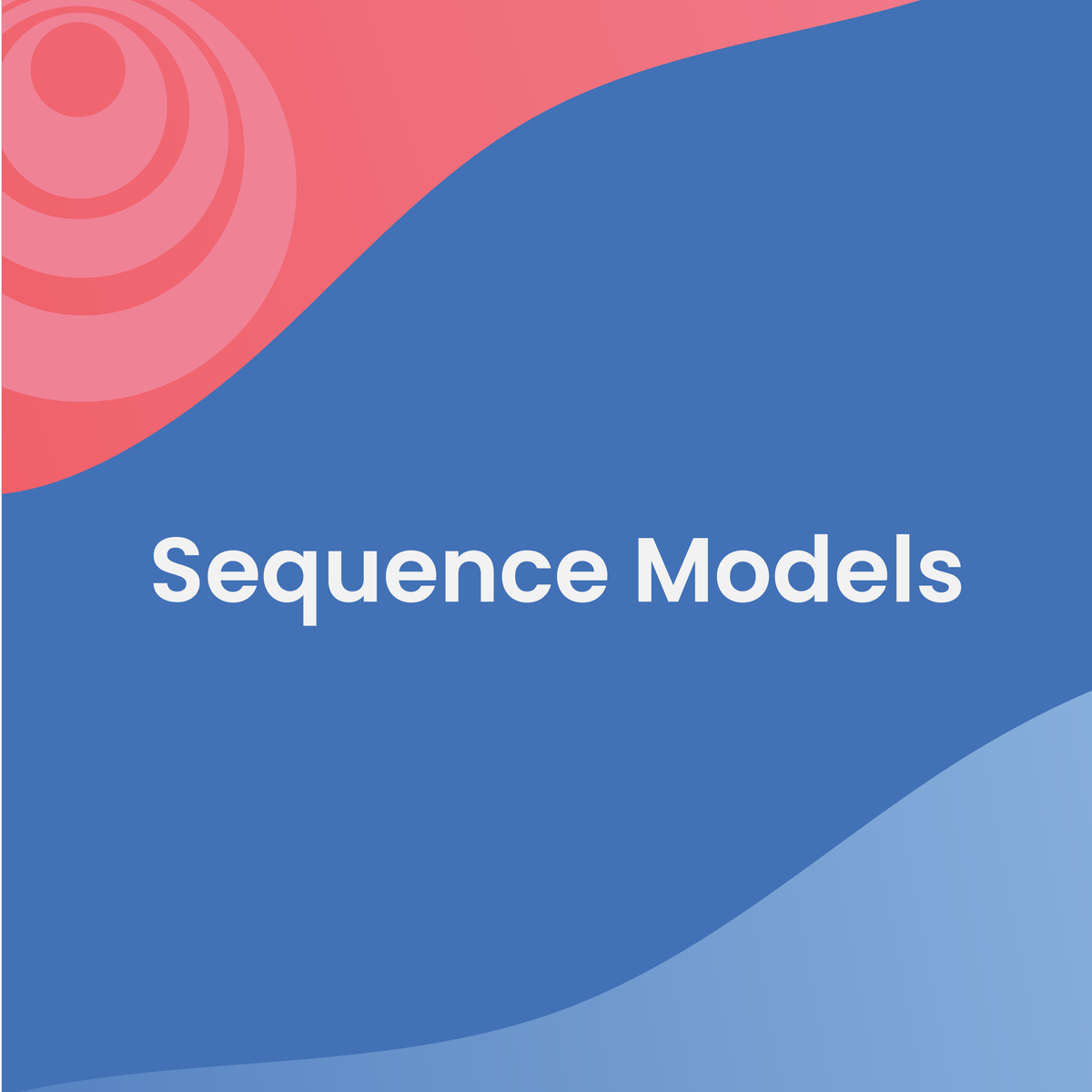
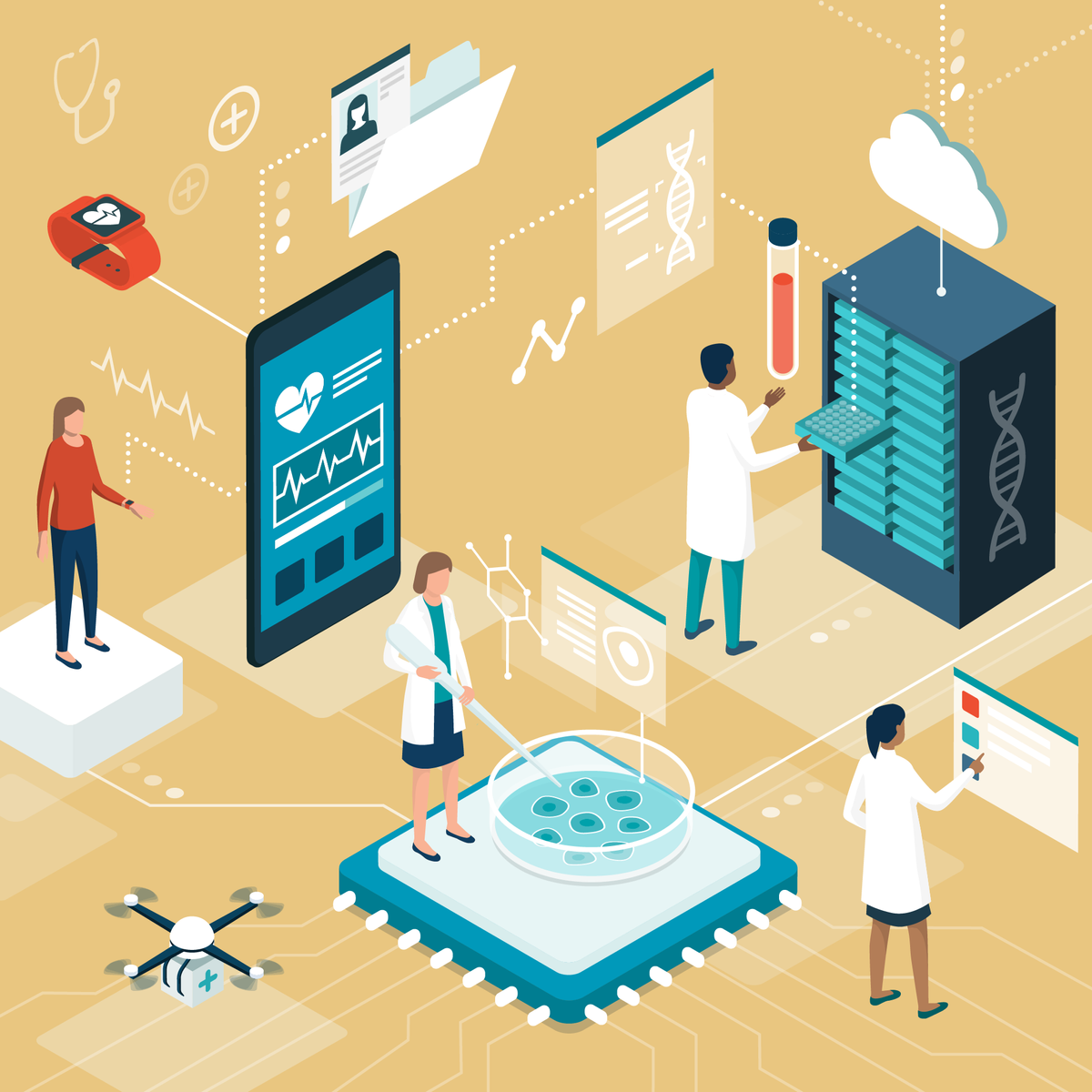
Machine Learning Courses - Page 31
Showing results 301-310 of 485

Deploying Machine Learning Models in Production
In the fourth course of Machine Learning Engineering for Production Specialization, you will learn how to deploy ML models and make them available to end-users. You will build scalable and reliable hardware infrastructure to deliver inference requests both in real-time and batch depending on the use case. You will also implement workflow automation and progressive delivery that complies with current MLOps practices to keep your production system running. Additionally, you will continuously monitor your system to detect model decay, remediate performance drops, and avoid system failures so it can continuously operate at all times.
Understanding machine learning and deep learning concepts is essential, but if you’re looking to build an effective AI career, you need production engineering capabilities as well. Machine learning engineering for production combines the foundational concepts of machine learning with the functional expertise of modern software development and engineering roles to help you develop production-ready skills.
Week 1: Model Serving Introduction
Week 2: Model Serving Patterns and Infrastructures
Week 3: Model Management and Delivery
Week 4: Model Monitoring and Logging

Building a unique NLP project: 1984 book vs 1984 album
Welcome to the “Building a unique NLP project: 1984 book vs 1984 album” guided project.
This project is for anyone interested in exploring fun and interactive Natural Language Processing (NLP) projects. Inspired by the cultural phenomenon, Versus, in this project we’re going to be leveraging the NLP to compare 1984, the dystopian social science fiction novel by the English novelist George Orwell and 1984, the sixth studio album by American rock band Van Halen.
In this project, we’ll explore the NLP techniques of:
1. summarizing text
2. sentiment analysis
3. word clouds.
At the end of this project, learners will be able to demonstrate a beginner's understanding of building NLP projects.

Text Mining and Analytics
This course will cover the major techniques for mining and analyzing text data to discover interesting patterns, extract useful knowledge, and support decision making, with an emphasis on statistical approaches that can be generally applied to arbitrary text data in any natural language with no or minimum human effort.
Detailed analysis of text data requires understanding of natural language text, which is known to be a difficult task for computers. However, a number of statistical approaches have been shown to work well for the "shallow" but robust analysis of text data for pattern finding and knowledge discovery. You will learn the basic concepts, principles, and major algorithms in text mining and their potential applications.

Deep Learning Applications for Computer Vision
This course can be taken for academic credit as part of CU Boulder’s Master of Science in Data Science (MS-DS) degree offered on the Coursera platform. The MS-DS is an interdisciplinary degree that brings together faculty from CU Boulder’s departments of Applied Mathematics, Computer Science, Information Science, and others. With performance-based admissions and no application process, the MS-DS is ideal for individuals with a broad range of undergraduate education and/or professional experience in computer science, information science, mathematics, and statistics. Learn more about the MS-DS program at https://www.coursera.org/degrees/master-of-science-data-science-boulder.
In this course, you’ll be learning about Computer Vision as a field of study and research. First we’ll be exploring several Computer Vision tasks and suggested approaches, from the classic Computer Vision perspective. Then we’ll introduce Deep Learning methods and apply them to some of the same problems. We will analyze the results and discuss advantages and drawbacks of both types of methods. We'll use tutorials to let you explore hands-on some of the modern machine learning tools and software libraries. Examples of Computer Vision tasks where Deep Learning can be applied include: image classification, image classification with localization, object detection, object segmentation, facial recognition, and activity or pose estimation.

Detecting COVID-19 with Chest X-Ray using PyTorch
In this 2-hour long guided project, we will use a ResNet-18 model and train it on a COVID-19 Radiography dataset. This dataset has nearly 3000 Chest X-Ray scans which are categorized in three classes - Normal, Viral Pneumonia and COVID-19. Our objective in this project is to create an image classification model that can predict Chest X-Ray scans that belong to one of the three classes with a reasonably high accuracy. Please note that this dataset, and the model that we train in the project, can not be used to diagnose COVID-19 or Viral Pneumonia. We are only using this data for educational purpose.
Before you attempt this project, you should be familiar with programming in Python. You should also have a theoretical understanding of Convolutional Neural Networks, and optimization techniques such as gradient descent. This is a hands on, practical project that focuses primarily on implementation, and not on the theory behind Convolutional Neural Networks.
Note: This course works best for learners who are based in the North America region. We’re currently working on providing the same experience in other regions.

Practical Data Wrangling with Pandas
In this project, we will analyze life expectancy data by performing data wrangling & exploratory data analysis (EDA). Pandas is a powerful open source data analysis tools in python. Exploratory Data Analysis (EDA) is a process of analyzing data to gain valuable insights such as statistical summary & visualizations.

Traffic Sign Classification Using Deep Learning in Python/Keras
In this 1-hour long project-based course, you will be able to:
- Understand the theory and intuition behind Convolutional Neural Networks (CNNs).
- Import Key libraries, dataset and visualize images.
- Perform image normalization and convert from color-scaled to gray-scaled images.
- Build a Convolutional Neural Network using Keras with Tensorflow 2.0 as a backend.
- Compile and fit Deep Learning model to training data.
- Assess the performance of trained CNN and ensure its generalization using various KPIs.
- Improve network performance using regularization techniques such as dropout.

SVM Regression, prediction and losses
In this 1-hour long project-based course, you will learn how to
Train SVM regression model- with large & small margin, second degree polynomial kernel, make prediction using Linear SVM classifier; how a small weight vector results in a large margin? and finally
pictorial representation for Hinge loss. This project gives you easy access to the invaluable learning techniques used by experts in machine learning.
Using these approaches, no matter what your skill levels in topics you would like to master, you can change your thinking and change your understanding to thoroughness in machine learning.

Sequence Models
In the fifth course of the Deep Learning Specialization, you will become familiar with sequence models and their exciting applications such as speech recognition, music synthesis, chatbots, machine translation, natural language processing (NLP), and more.
By the end, you will be able to build and train Recurrent Neural Networks (RNNs) and commonly-used variants such as GRUs and LSTMs; apply RNNs to Character-level Language Modeling; gain experience with natural language processing and Word Embeddings; and use HuggingFace tokenizers and transformer models to solve different NLP tasks such as NER and Question Answering.
The Deep Learning Specialization is a foundational program that will help you understand the capabilities, challenges, and consequences of deep learning and prepare you to participate in the development of leading-edge AI technology. It provides a pathway for you to take the definitive step in the world of AI by helping you gain the knowledge and skills to level up your career.

Evaluations of AI Applications in Healthcare
With artificial intelligence applications proliferating throughout the healthcare system, stakeholders are faced with both opportunities and challenges of these evolving technologies. This course explores the principles of AI deployment in healthcare and the framework used to evaluate downstream effects of AI healthcare solutions.
The Stanford University School of Medicine is accredited by the Accreditation Council for Continuing Medical Education (ACCME) to provide continuing medical education for physicians. Visit the FAQs below for important information regarding 1) Date of original release and Termination or expiration date; 2) Accreditation and Credit Designation statements; 3) Disclosure of financial relationships for every person in control of activity content.
Popular Internships and Jobs by Categories
Find Jobs & Internships
Browse
© 2024 BoostGrad | All rights reserved
